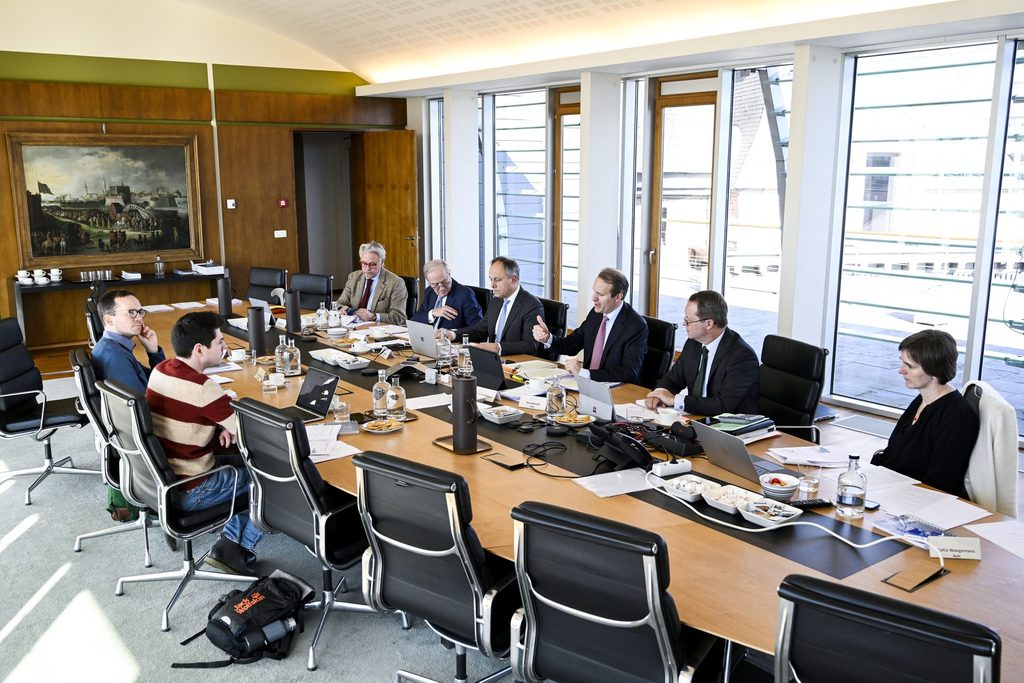While quotas have made the board of directors of Belgium's listed companies (BEL20) more diverse, gender equality is still lacking in their executive committees.
A proposal is now on the table to systematically increase the number of women here too.
In 2011, Belgium was one of the first countries in the world to introduce a 33% legal gender quota on the board of directors of the BEL20 companies, resulting in a large rise in the number of women in these positions. However, a ranking of these companies in June showed that Belgium is below the European average (19%), with women making up just 16.7% of its executive committees.
"These findings are all the more incomprehensible given that a more diverse composition leads to better commercial results," Secretary of State for Gender Equality, Equal Opportunities and Diversity, Marie-Colline Leroy said, citing a study by the European Investment Bank.
"What's more, management teams are executive bodies where a large number of decisions are taken, whether on management, sustainability, human resources, employment law, parental leave, etc. Women's views on these issues are important and enlightening," she added.
Expanding and reinforcing measures
Leroy will soon be submitting a proposal to the government aimed at increasing the number of women in the executive bodies of listed companies by expanding the existing quota system.
She argued that, in practical terms, the extension of the law on quotas will encourage listed companies to set up their executive committees in a more balanced way. She wants women to make up at least one third of members.
The proposal also includes a reinforcement of the ambitions of the 2011 law concerning the presence of women on the boards of directors. Here, she wants to see an expansion from 33% to at least 40%.
This last decision comes in response to a European directive on the subject which must be transposed into Belgian law, and is inspired by a recent development in French legislation on the subject. The amendment to the law does not exclude sanctions, but this can be discussed with the Justice Minister, she concluded.

